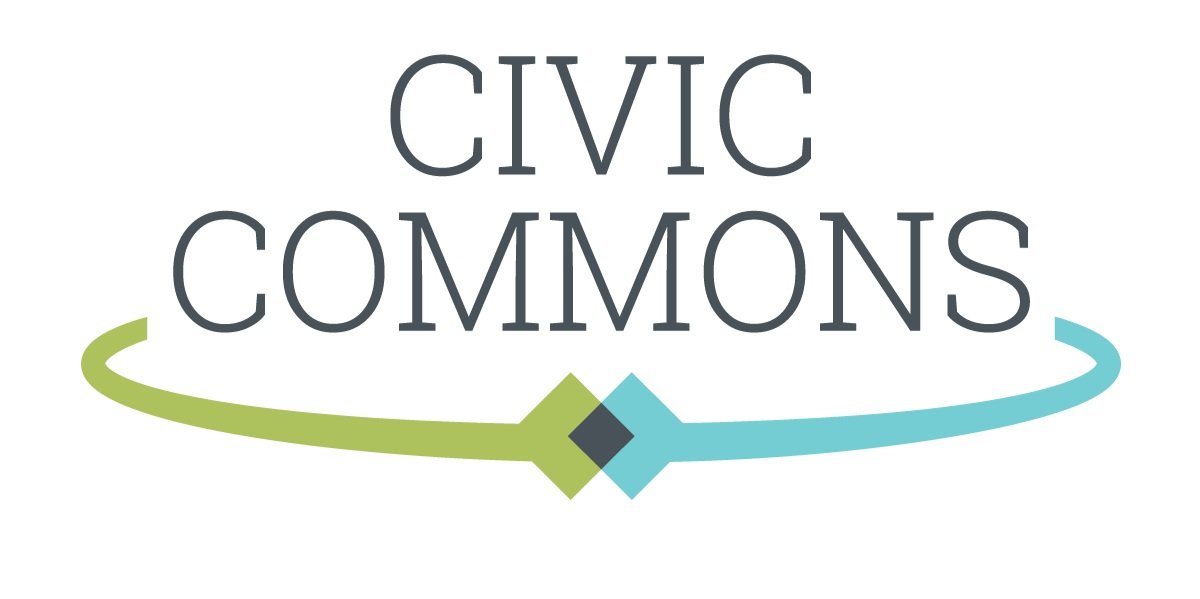Creating Connections – A Synopsis of Civic Commons Gatherings
During summer and fall of 2019, Michael Brown, Civic Commons Civic Architect, hosted five dinner gatherings with over forty King County leaders representing several different sectors including government, education, non-profits, business, unions, faith communities, and more. The purpose behind these dinners was to set the stage for future efforts in network weaving and to gauge leadership interest in the core principles of Civic Commons. Civic Commons is committed to tackling the root causes of inequity and achieving better outcomes for all King County residents. Civic Commons aims to address inequity by reimagining the way that we work together and by building stronger bonds of connection and belonging between regional leaders so that we can collectively solve our region’s most pressing issues.
During these gatherings, participating leaders voiced strong support for the merit and urgency of Civic Commons and supported our framework of emphasizing co-creation as a design process. They highlighted the importance of co-creation since it makes space for the community to bring their lived experiences to the forefront and helps determine key areas of action in concert with established networks of influence. From these conversations, the group identified three critical elements needed to fight fragmentation and bring together our collective regional assets. The elements identified were Agency, Belonging and Strategy.
The first element, AGENCY, was collectively defined as the belief that positive change is possible and having the skills and know-how to implement change. Agency requires both individual empowerment and collective civic muscle. It involves leadership development, trust- and relationship-building, ongoing convening and network weaving, and a commitment to retool civic institutions so that they are nimble and inclusive.
A reflection voiced by multiple leaders was “building trust is a long-term process – you have to go slow in order to go fast.”
The second key element, BELONGING, is a sense of common fate along with a commitment to advance the common good. Belonging involves identifying King County as our collective “home” and feeling ties of mutuality and reciprocity between all of our residents.
Some leaders felt this common identity and connectedness used to be present in King County, but it’s been lost in recent decades. Others commented that, if it was present, it didn’t include marginalized communities. But whether or not participants thought our regional sense of belonging is lost or is still aspirational, everyone agreed it’s an essential ingredient for regional advancement that needs to be actively nurtured.
The final element is STRATEGY, which was defined as building momentum, resources and the conditions for positive change. While acknowledging that there are many initiatives that promote social good in King County, the leaders present emphasized that they are largely siloed and are rarely able to include representation from the community in strategy development and implementation.
To motivate coordinated action, our participants suggested that the region focus future efforts on place-based measures that affect all of us. “Make it about ‘our future’ or ‘our children,’” they said.
As Civic Commons builds momentum, it will draw from the enthusiasm and formative ideas of these forty community leaders who hope to see it build agency and civic muscle through network weaving and leadership development. From these conversations, Civic Commons will also continue to nurture regional belonging by telling the story of ‘we,’ and harness co-creation to inspire strategy and action toward an equitable future for all of us.
- Diane Douglas, Uncommon Senior Advisor

